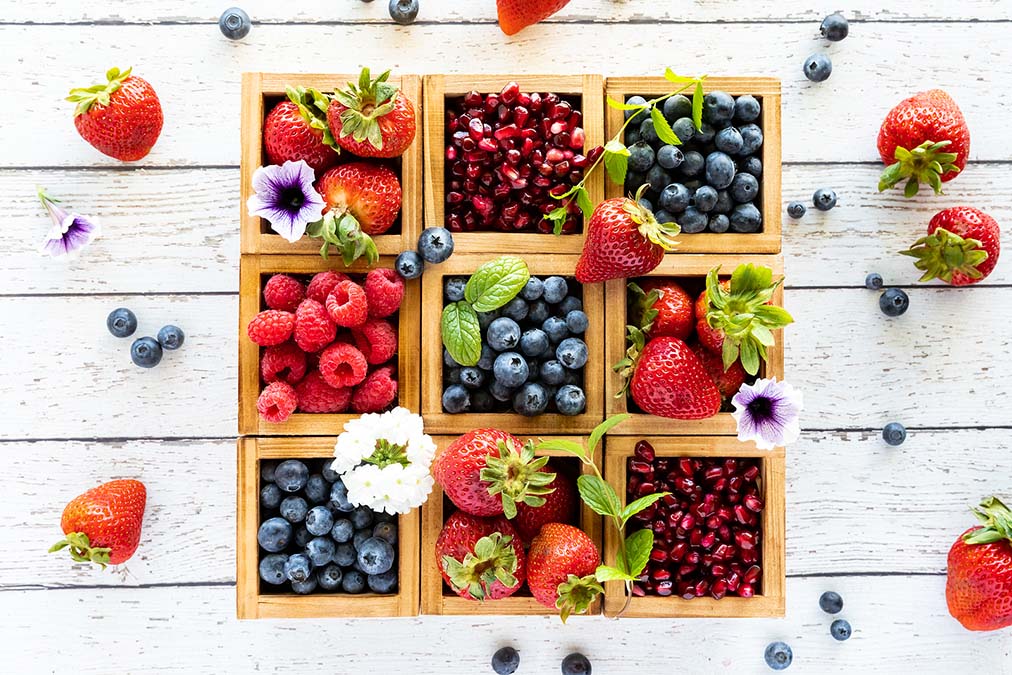 Allopurinol is the most prescribed drug for gout. But it comes with loads of side effects, including stomach upset, nausea, diarrhea, and drowsiness, to name a few.
Allopurinol is the most prescribed drug for gout. But it comes with loads of side effects, including stomach upset, nausea, diarrhea, and drowsiness, to name a few.
But a new study from Tunku Abdul Rahman University College in Malaysia reveals two common ingredients—that you most likely already have in your kitchen—that work exactly like Allopurinol, but without the side effects.
One of the mechanisms by which gout occurs is through xanthine oxidase. Xanthine oxidase is an enzyme that converts hypoxanthine to xanthine and then uric acid. It also breaks down purines.
The technical details are not especially important here, but this is an important enzyme that performs a lot of useful functions.
On the downside, xanthine oxidase does generate a lot of reactive oxygen species that destroy cells. When it is overactive, it results in the formation of excessive uric acid. Both uric acid and reactive oxygen species are involved in the development and progression of gout, so gout treatments try to inhibit xanthine oxidase so that it does not become overactive to the point of being harmful.
Allopurinol, the most commonly prescribed drug for gout, does precisely that—but not without side effects.
Because these researchers found previous studies suggesting that plant phytochemicals might be useful for suppressing xanthine oxidase, they decided to study the ability of phytochemicals in apple cider vinegar and pineapple (bromelain) to do this.
They isolated three polyphenols from pineapple: amino acids and amines, furanones, and phenolic compounds. They also identified three polyphenols in apple cider vinegar: phenolic acid, flavan-3-ol, and dihydrochalcones.
They found that these polyphenols worked in two ways.
-
1. They prevented reactive oxygen species from destroying cells by donating the hydrogen that these species stole from cells.
2. They bonded to xanthine oxidase and changed its shape so that it could no longer convert so much xanthine to uric acid.
These are truly promising results, as these polyphenols have no side effects and can thus be used safely.
In 2019, the journal Critical Reviews in Food Science and Nutrition published a study that looked at polyphenols as a treatment for gout.
Its authors also found that nearly all available research backed the usefulness of polyphenols to reduce uric acid in the blood, although nearly all of the available studies were conducted on animals, not humans.
So you should probably include foods that are particularly rich in polyphenols in your diet. These include green tea, red grapes (with their skins), all berries, all nuts, cocoa powder, herbs, vegetables, and of course, pineapple and apple cider vinegar.

 Multiple Sclerosis
Multiple Sclerosis Banishing Bronchitis
Banishing Bronchitis Gum Disease Gone
Gum Disease Gone Overcoming Onychomycosis
Overcoming Onychomycosis Neuropathy No More
Neuropathy No More The Prostate Protocol
The Prostate Protocol Brain Booster
Brain Booster
 Ironbound
Ironbound
 Solution for Shingles
Solution for Shingles
 The Bone Density Solution
The Bone Density Solution
 The Ultimate Healing Protocol
The Ultimate Healing Protocol
 The Parkinson's Protocol
The Parkinson's Protocol
 The Chronic Kidney Disease Solution
The Chronic Kidney Disease Solution
 Overthrowing Anxiety
Overthrowing Anxiety The Fatty Liver Solution
The Fatty Liver Solution The Hypothyroidism Solution
The Hypothyroidism Solution
 The End of Gout
The End of Gout The Blood Pressure Program
The Blood Pressure Program
 The Oxigized Cholesterol Strategy
The Oxigized Cholesterol Strategy
 Stop Snoring And Sleep Apnea Program
Stop Snoring And Sleep Apnea Program
 The Arthritis Strategy
The Arthritis Strategy The Vertigo & Dizziness Program
The Vertigo & Dizziness Program The 3-Step Diabetes Strategy
The 3-Step Diabetes Strategy Hemorrhoids Healing Protocol
Hemorrhoids Healing Protocol The Erectile Dysfunction Master
The Erectile Dysfunction Master Weight Loss Breeze
Weight Loss Breeze The IBS Program
The IBS Program The Insomnia Program
The Insomnia Program The Migraine and Headache Program
The Migraine and Headache Program The Neck Pain Solution
The Neck Pain Solution The Menopause Solution
The Menopause Solution The Ejaculation Master
The Ejaculation Master The TMJ Solution
The TMJ Solution The Acid Reflux Solution
The Acid Reflux Solution The Fibromyalgia Solution
The Fibromyalgia Solution The Psoriasis Strategy
The Psoriasis Strategy